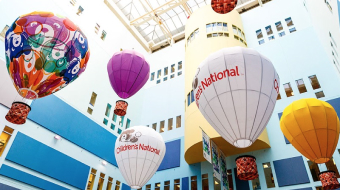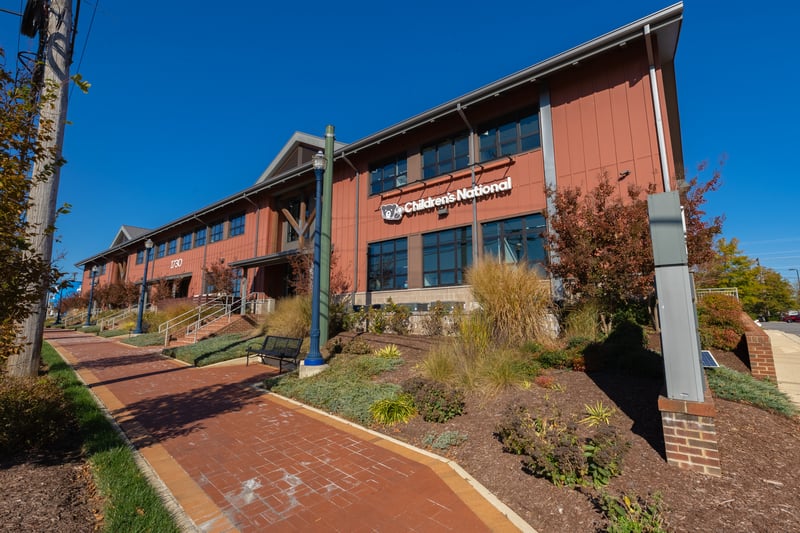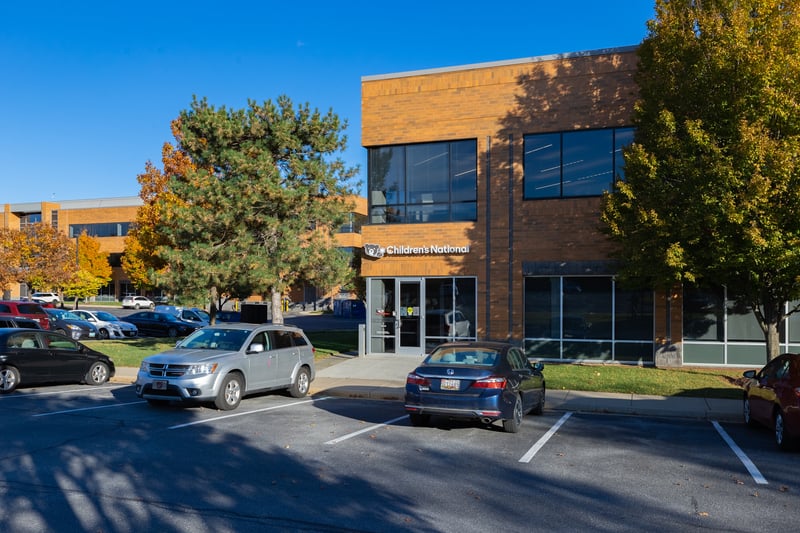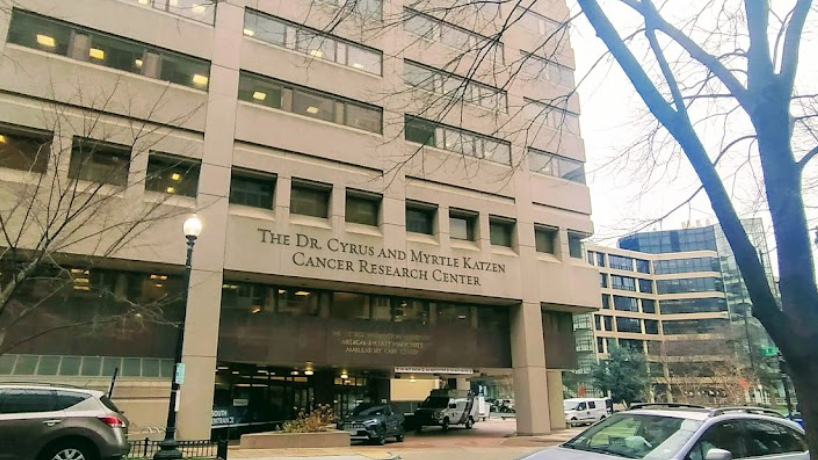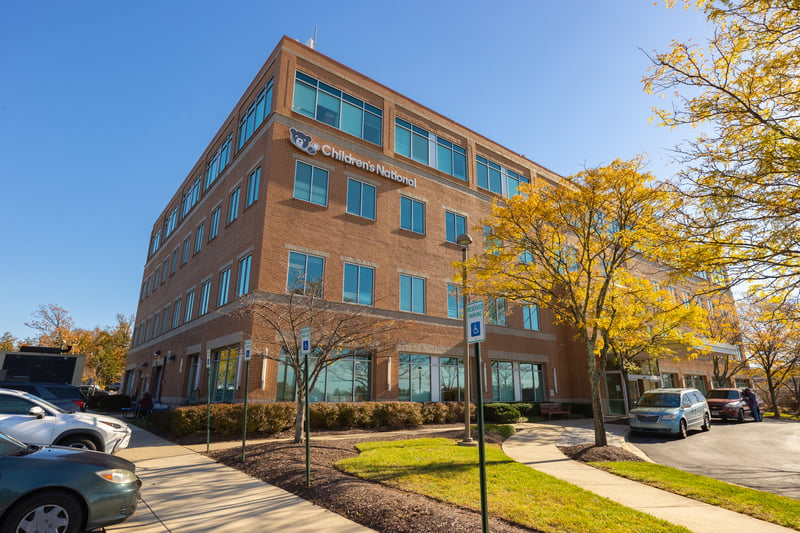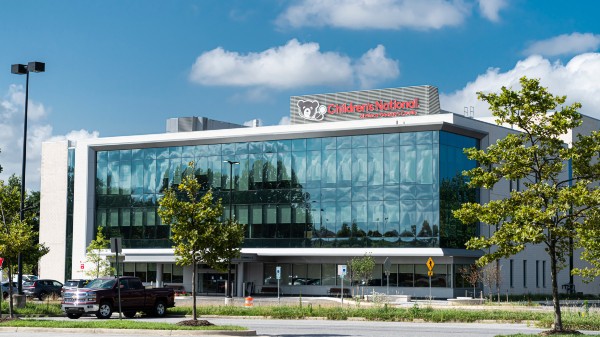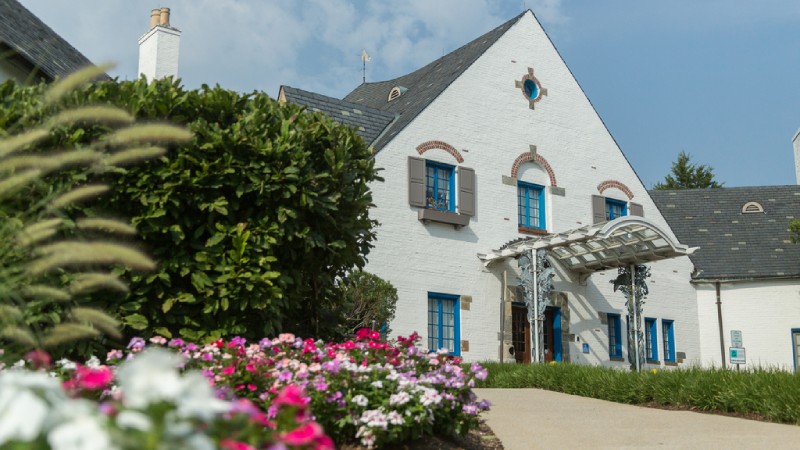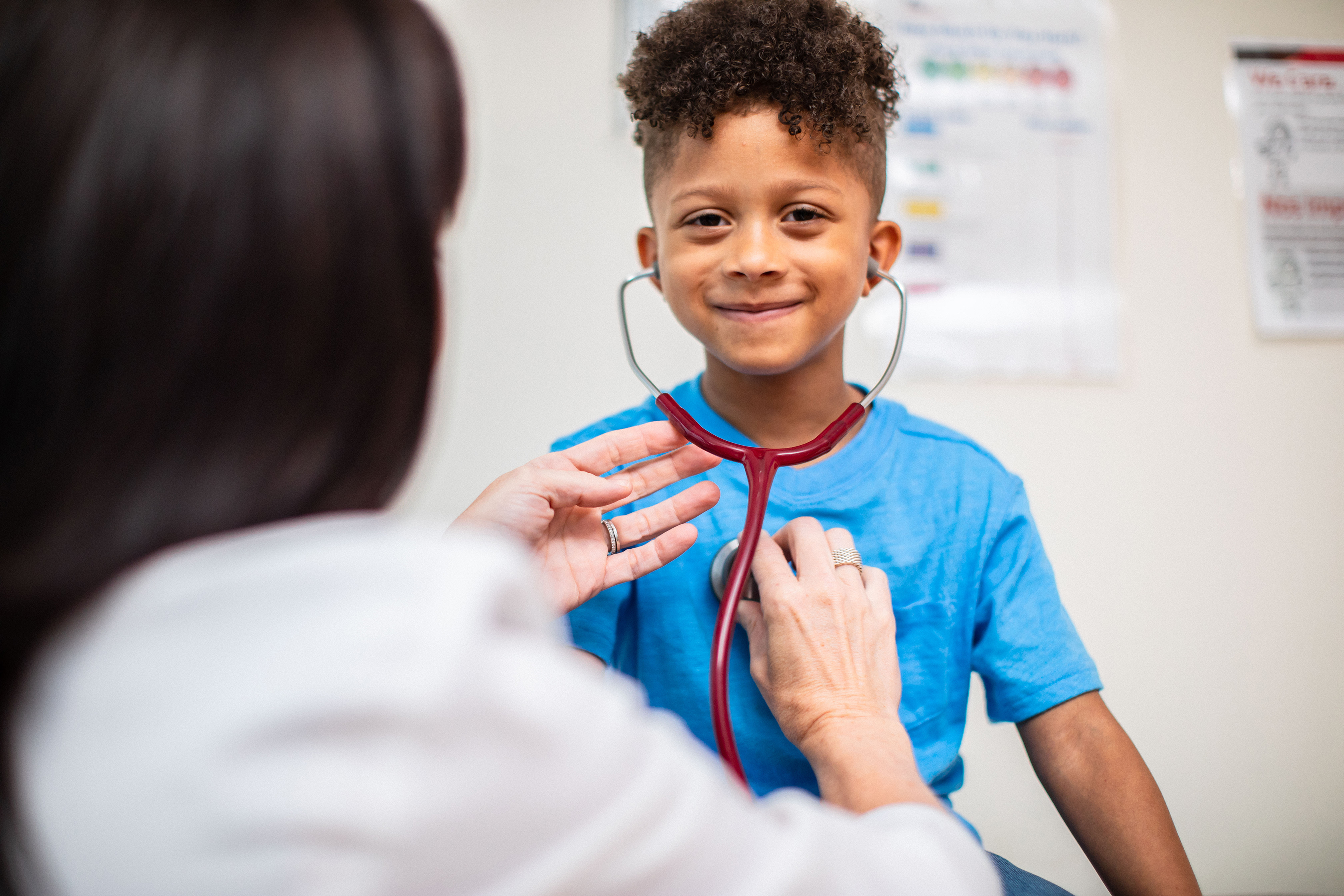
Cardiac Imaging

Meet the Team
Our pediatric specialists provide personalized care for your child’s physical, mental and emotional health needs.
Contact Information
For appointments, please call 1-888-884-BEAR (2327) and for information, call 202-476-2020.
Cardiac Imaging at Children’s: Why Choose Us
Our advanced, sophisticated imaging labs, including our echocardiography laboratory and dedicated cardiac magnetic resonance imaging laboratory, are some of the busiest in the nation. We perform more than 18,000 echocardiograph studies and hundreds of MRI scans per year. In 2018, we performed 469 cardiac MRIs and 26 cardiac CTs.
Features of our imaging labs include:
- Highly specialized team: Our team has expertise in the full spectrum of cardiac imaging, including transesophageal, prenatal, three-dimensional, intracardiac and stress echocardiography, as well as vascular ultrasound and cardiac MRI.
- Dedicated suites: We designed our imaging labs to provide the most advanced heart studies. Our new Interventional Cardiac MRI program has developed innovative techniques that previously were only available at the NIH campus. For example, the X-ray MRI (XMR) suite combines a catheterization laboratory with an MRI system to allow for superior imaging during catheterization procedures.
- High volume: Our team performs more than 18,000 echocardiograph studies per year and nearly 3,000 fetal echocardiographs. In addition, we perform hundreds of cardiac MRIs every year. What do these numbers mean for you? High volume means that we have a superior depth of expertise, ensuring we perform these studies safely and accurately.
- World-renowned experts: Some of the world’s leading experts in echocardiograph are working right here at Children’s, using and developing advanced echocardiograph technology. In addition, we collaborate with researchers and physicians at the National Heart Lung and Blood Institute/National Institutes of Health (NHLBI/NIH) to advance the field of cardiac MRI.
Echocardiography at Children’s National
Echocardiography, sometimes called echocardiogram, is an ultrasound of the heart. Children’s pediatric echocardiography laboratory, the world’s first, is one of the busiest in the United States, performing more than 18,000 studies annually. We are a national leader in noninvasive imaging of congenital heart disease.
Our renowned lab includes:
During an echocardiogram
Cardiac MRI
MRI is a noninvasive imaging scan that uses powerful magnetic technology to get clear, detailed pictures of your child’s heart structure and function. In addition to our sophisticated lab, we partner with National Heart, Lung, and Blood Institute, part of the National Institutes of Health. Together, we are working to develop new MRI techniques to help us diagnose and treat children and adults with congenital heart disease.
Why we use cardiac MRI
What happens during a cardiac MRI scan?
Interventional Cardiac MRI (ICMR) Program
Through a partnership with the National Institutes of Health (NIH), we offer an Interventional Cardiac MRI for our patients. This is a specialized cardiac-specific MRI suite we use for diagnosis, evaluation and intervention of newborns and children with congenital heart disease. One of the main advantages of MRI scans is that children are not exposed to the radiation of X-rays and computed tomography (CT) scans. As children with congenital heart defects are thriving, living longer and fuller lives than ever before, it is increasingly important that we can monitor their health in the safest way possible. Additionally, we can perform MRI and cardiac catheterization procedures on the same day. This reduces the need for sedation and multiple procedures.
Features of this program
The Future of Pediatric Cardiac MRI
Children’s National is currently using the next generation of imaging: XFM scans, which combine X-ray with MRI. In these studies, we use radiation-free CMR images to guide cardiac catheterization in order to minimize radiation requirements. Future developments include undergoing cardiac catheterization entirely in the CMR scanner, which will dramatically minimize X-ray exposure.
Conditions We Treat
Understanding your child's condition is an important step on your treatment journey. Learn more about causes, symptoms and diagnosis for a variety of conditions, as well as unique treatments and research being performed at Children's National.
Cardiac Imaging Outcomes Data
The non-invasive imaging program at Children’s National uses the latest technology to take the most advanced images of our pediatric patients’ hearts. Learn how many pediatric patients undergo cardiac magnetic resonance imaging (MRI) and cardiac computerized tomography (CT) scans each year.
Family Resources
Family Services
Find out more about our support services and helpful resources for families and patients.
Social Work Services in the Heart and Lung Center
The Heart and Lung Center has both outpatient and inpatient social workers to support your entire family during your child's stay and follow up care.
